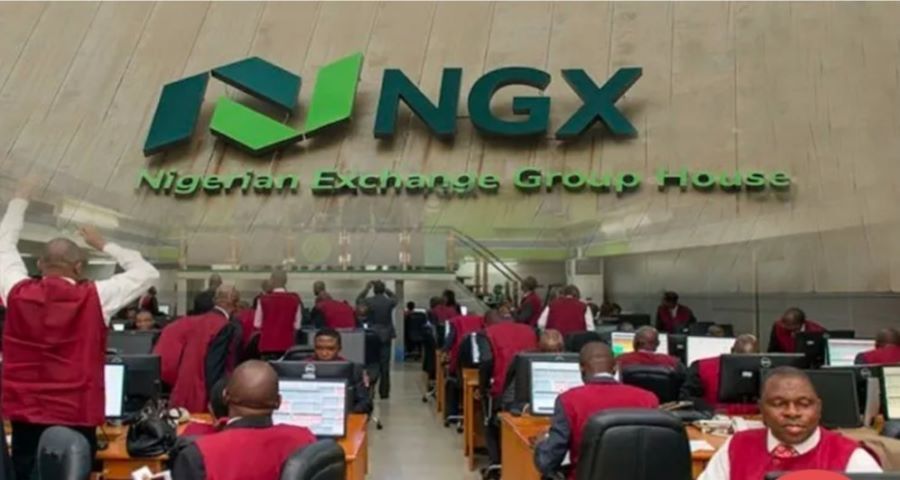BY FESTUS OKOROMADU, ABUJA
Worried by the continued oscillation of the Nigeria Naira on the foreign exchange market, financial experts from Financial Derivatives Company, have called on the Central Bank of Nigeria to adopt new measures to salvage the devaluation of the currency.
FDC in its last economic report titled, “Prism Biznomics,” observed that finding the true value of the Naira in the foreign exchange market has become an enigma to most investors, analysts and speculators.
The experts insisted that based on fundamental analysis ranging from its purchasing power parity deduction to a more basic hamburger value, there seems to be no consensus on the fair value of the naira.
They noted that the trading range of N870/$-N915/$ in one month seems too wide to make any meaningful deduction.
According to the report, policymakers seem unclear as to what the real strategy of currency management in Nigeria should be.
“There are a lot of knee-jerk reactions to market gyrations and no proactive thinking,” it stated.
Citing examples, the report said, “It would have been pretty obvious to even an intern that the revelation of the $3.7bn net external reserves position, which was sharply lower than the published gross reserves moving average of $37bn was going to be met with market scepticism and a backlash. Therefore, why was that disclosure so badly bungled?
“Also lurking in the dark is the possibility of a ruling against Nigeria on the P & ID case with a potential liability of approximately $11bn. Therefore, the policymakers have to come to terms with coming clean on the issue of data integrity. The market must be told where the bodies are buried.”
FDC stressed that the naira exchange rate is a critical economic indicator which has profound political and social consequences.
Evaluating the possible impact of the NNPCL facilitated emergency loan of $3 billion from the AFREXIM Bank to support the Naira, the economic experts said the facility is probably too little in magnitude and is coming a bit late.
While further scrutinizing regulatory actions of the Central Bank of Nigeria in recent times, it said, “The leaked letter from the CBN chastising Wema Bank for lending naira against dollar deposits smacks more of regulatory panic rather than strategic positioning of the naira in a volatile currency and commodity market.”
Analyzing the fundamentals affecting the local currency, the FDC report said they include, a 10 percent undervaluation of the Naira based on a crude PPP value analysis; Nigeria’s terms of trade which declined by 0.11 percent to 100.88 points in March 2023 from 100.99 points in January 2023; Drop in the volume of oil production by 3.08 percent to 1.26mbpd (July), constrained by OPEC quota and force majeure in Escravos; Continued pipeline vandalism because the security system seems compromised; and fluctuating market price of other leading export item such as LNG which witnessed a slight price recovery after falling sharply earlier in the second quarter.
Others are: Shrinking of investment flows and invisible Diaspora payments into the market through surreptitious routes, leading to massive transaction costs at the expense of the economy; and the continued retention of the 43 items that are not valid for official forex transactions is making a segmented market more inefficient with multiple exchange rates persisting.
The report added that the CBN has been unclear as to its policy in the settling of forward forex transactions.
“The markets are concerned about the commitment of the CBN to meet its obligations on a timely basis,” they noted, while stressing that the licensing of more BDCs and changing the market structure without a corresponding increase in forex supply into the market is sending mixed signals to market participants.
On how to navigate forward, the FDC report charged the CBN to remove the artificial floor of N799/$ and allow the currency to float in both directions as part of a price discovery mechanism.
“The policy attitude towards using foreign currency deposits and guarantees must be changed so that money is fungible and moves freely across markets.
“The CBN must increase forex supply into the market and set out a clear path on how to clear its FX backlogs.
“Apart from the invisible flows which will increase if the “invisible hand” is allowed in the FX market (efficient market), boosting forex supply via increased non-oil exports is also crucial.
“Forex restrictions on the 43 items must be removed to enhance market efficiency,” FDC advised.

